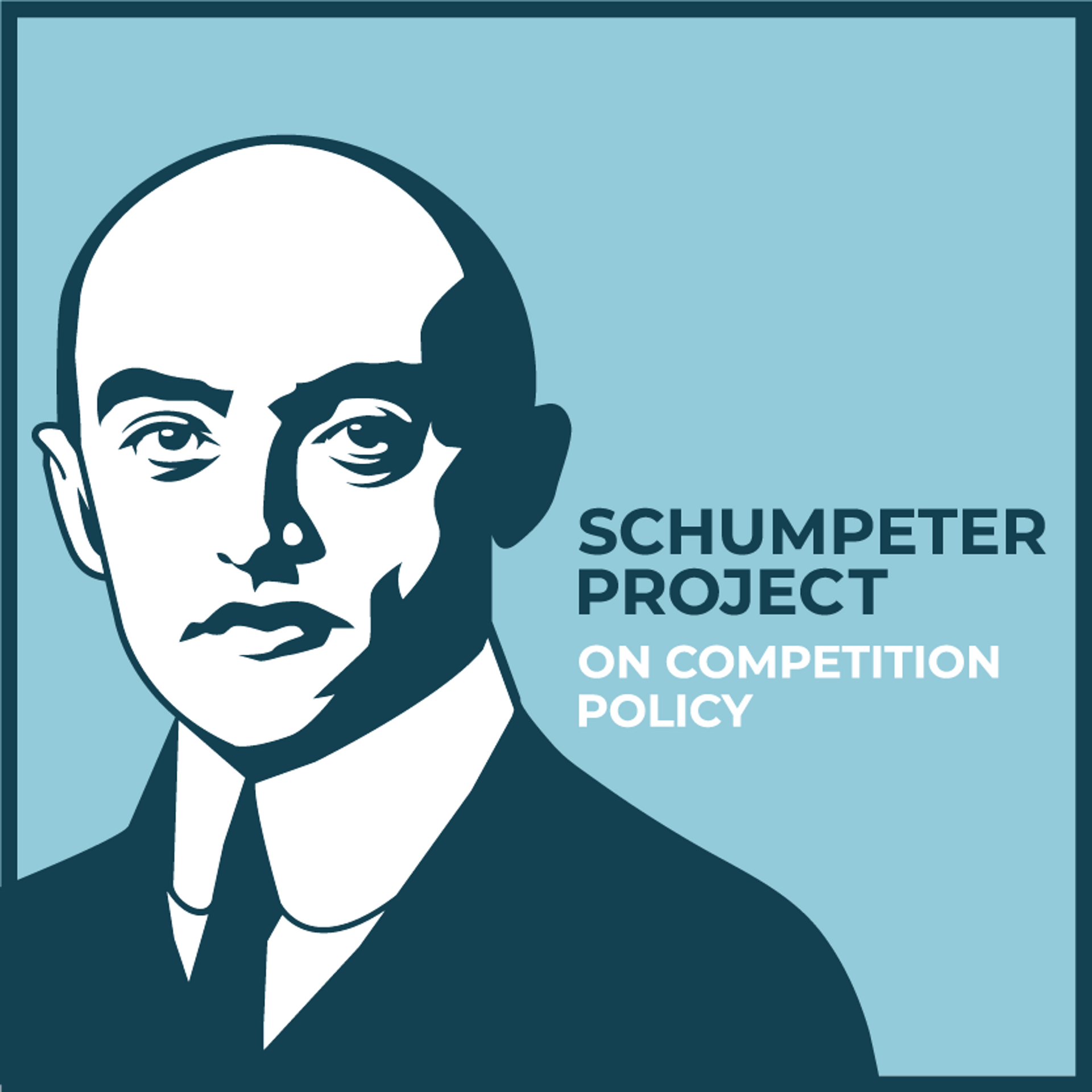About ITIF’s Schumpeter Project: Competition Policy for the Innovation Economy

Antitrust is at a crossroads, stuck between two outmoded visions. On one side, there is a vocal group of populist reformers who draw inspiration from early 20th-century Supreme Court Justice Louis D. Brandeis as they advocate for an aggressive, retrograde approach to regulating competition. These self-proclaimed “Neo-Brandeisians” decry corporate market power almost categorically and hold up a textbook’s ideal of perfect competition in which market structure matters most—the more atomized, the better. In their view, small and mid-sized players are to be celebrated, and large ones are to be held in check, if not broken up.
On the other side is the prevailing approach to antitrust policy—the so-called “Chicago School” of the 1970s—which focuses on consumer welfare as the primary analytical framework for antitrust enforcement. It is an improvement over Brandeis’s obsessive focus on market structure, but it is still a static framework based on an overly simplistic notion of perfect competition. Indeed, a key failing for both camps is that neither adequately appreciates or accounts for the central role that innovation plays in the economy—not just as the driving force behind productivity growth and societal progress, but also as a driver of competition in dynamic markets.
There has been no better or more influential thinker on the role of innovation than the economist Joseph Schumpeter, who recognized nearly a century ago that “perennial gales of creative destruction” continually revolutionize capitalism from within, replacing the old with the new in a process that shapes competition by disrupting market power. It is time to modernize antitrust policy by incorporating Schumpeter’s insights. Contrary to the neo-Brandeisian model and the Chicago School, a Schumpeterian view would take full account of the dynamic interplay between competition and innovation—recognizing that market power enables investments in the research and development that drives innovation, and that innovation in turn drives competition. Antitrust reforms thus should take pains to foster innovation, not stifle it.
The Schumpeterian perspective represents a new intellectual framework for practical antitrust reforms that enable the innovation economy. That is the mission of ITIF’s Schumpeter Project: to advance dynamic competition policy in which innovation is a central concern for antitrust enforcement, not a secondary consideration. The Schumpeter Project conducts legal and economic research, publishes actionable policy analysis, organizes high-level discussions, and engages with policymakers to rethink the relationship between competition and innovation for the benefit of consumers, innovative companies, the economy, and society.
The Schumpeter Project’s Advisory Board provides guidance and support to the initiative on its programs, research, and activities. The board includes leading scholars, practitioners, and former officials from a wide range of issues involving competition matters. Visit the Schumpeter Project homepage for the latest publications and events and to learn more about its staff and advisors.
Editors’ Recommendations
January 28, 2011
Economic Doctrines and Approaches to Antitrust
February 2, 2023

